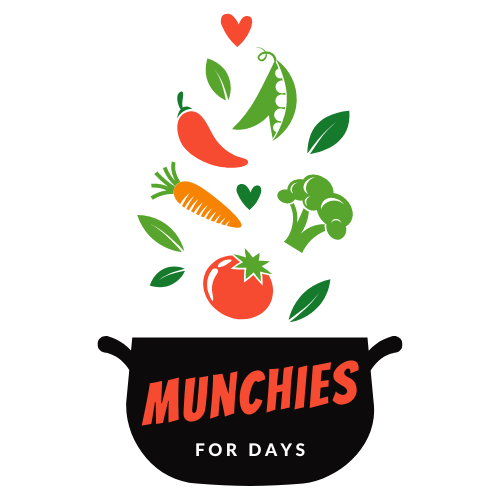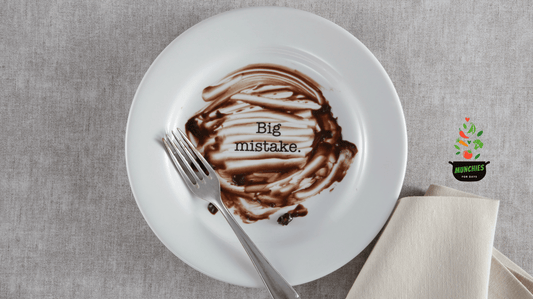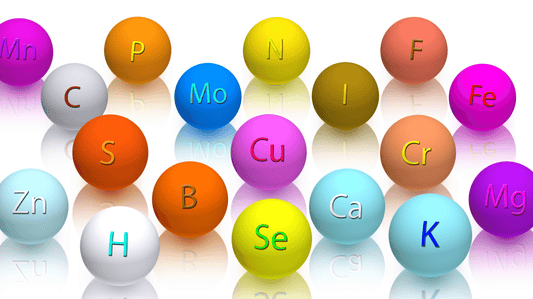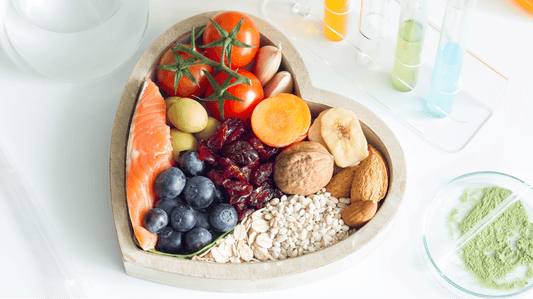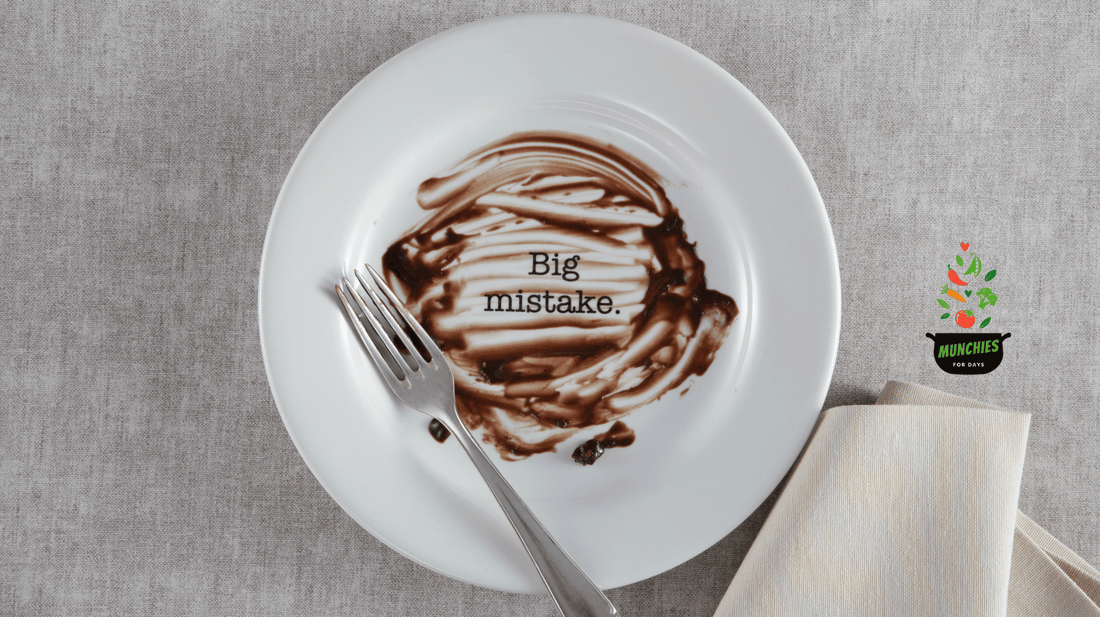
Avoiding Common Mistakes and Having Fun in the Kitchen
Hey there, budding chef! 🌟 Welcome to the wonderful world of cooking. Whether you're a newbie or just looking to up your game, there's always something new to learn. Cooking can seem intimidating, but trust us, it's all about having fun and experimenting. Let's dive into some common mistakes beginners often make and how you can avoid them. Ready? Let's go!
1. Not Reading the Recipe All the Way Through
The Mistake: Diving headfirst into a recipe without reading it fully.
Why It’s a Problem: You might realize halfway through that you’re missing a crucial ingredient or need to marinate something overnight.
The Fix: Always read the recipe from start to finish before you start cooking. This way, you know what’s coming and can prepare accordingly. It’s like reading the plot summary before watching a movie—you’ll appreciate the experience more!
2. Overcrowding the Pan
The Mistake: Packing too many ingredients into a pan at once.
Why It’s a Problem: Overcrowding causes food to steam rather than sear, leading to soggy, sad dishes.
The Fix: Cook in batches. Give your food some breathing room so it can develop that beautiful, golden-brown crust. Your patience will be rewarded with deliciously crispy results.
3. Not Preheating the Pan
The Mistake: Throwing ingredients into a cold pan.
Why It’s a Problem: Food sticks to cold pans, and you won’t get the proper sear or caramelization.
The Fix: Always preheat your pan for a few minutes before adding ingredients. Test it by sprinkling a little water—if it sizzles and evaporates quickly, you’re good to go.
4. Using Dull Knives
The Mistake: Struggling with dull knives.
Why It’s a Problem: Dull knives are not only frustrating but also dangerous. They require more force and are more likely to slip.
The Fix: Keep your knives sharp! Invest in a good knife sharpener or take them to a professional. Sharp knives make chopping a breeze and keep your fingers safe. Learn how to pick the right knives and how to use them in this article.
5. Ignoring Salt
The Mistake: Skipping salt or using it sparingly.
Why It’s a Problem: Salt enhances the flavors of your dish. Without it, food can taste bland.
The Fix: Season as you go! Add a pinch of salt at different stages of cooking to build layers of flavor. Taste as you cook to ensure you’re hitting the right notes.
6. Measuring Dry Ingredients in Liquid Measuring Cups
The Mistake: Using a liquid measuring cup for dry ingredients (and vice versa).
Why It’s a Problem: It can lead to inaccurate measurements, which can throw off your recipe.
The Fix: Use dry measuring cups for dry ingredients and liquid measuring cups for liquids. They’re designed to measure their respective ingredients accurately.
7. Not Letting Meat Rest
The Mistake: Cutting into meat right after cooking.
Why It’s a Problem: Juices escape, leaving your meat dry.
The Fix: Let meat rest for a few minutes after cooking. This allows the juices to redistribute, making your meat juicy and flavorful. Patience, my friend!
8. Overcooking Vegetables
The Mistake: Cooking veggies until they’re mushy.
Why It’s a Problem: Overcooked vegetables lose their vibrant color, texture, and nutrients. You can learn more about your food and the power it has over your health here.
The Fix: Cook vegetables until they’re tender-crisp. They should be bright and slightly firm to the bite. Steaming, sautéing, and roasting are great methods to retain their goodness.
9. Using the Wrong Oil
The Mistake: Using olive oil for high-heat cooking.
Why It’s a Problem: Olive oil has a low smoke point and can burn, leaving a bitter taste.
The Fix: Use oils with high smoke points like canola, grapeseed, or avocado oil for frying or searing. Save your lovely olive oil for dressings and low-heat cooking.
10. Not Tasting as You Go
The Mistake: Waiting until the end to taste your dish.
Why It’s a Problem: You might miss the chance to adjust seasoning or balance flavors.
The Fix: Taste your dish at various stages of cooking. This helps you catch any seasoning issues early and ensures your final dish is delicious.
11. Following Recipes Too Rigidly
The Mistake: Sticking to the recipe word-for-word, even when something seems off.
Why It’s a Problem: Recipes are guides, not rules. Sometimes adjustments are necessary based on your taste or the ingredients you have.
The Fix: Trust your instincts and don’t be afraid to make adjustments. Cooking is an art, not a science. Feel free to add a little more garlic if you love it or adjust the spices to your liking.
12. Using the Wrong Pot or Pan Size
13. Forgetting to Clean as You Go
14. Not Adjusting for Altitude
The Mistake: Ignoring altitude differences in recipes. According to the USDA Food Safety Service: "Because water boils at a lower temperature at higher elevations, foods that are prepared by boiling or simmering will cook at a lower temperature, and it will take longer to cook. High altitude areas are also prone to low humidity, which can cause the moisture in foods to evaporate more quickly during cooking."
Why It’s a Problem: High altitudes can affect cooking times and the way ingredients behave. According to the USDA Food Safety Service, water boils at a lower temperature at higher elevations, so foods that are prepared by boiling or simmering will cook at a lower temperature, and it will take longer to cook. High altitude areas are also prone to low humidity, which can cause the moisture in foods to evaporate more quickly during cooking.
The Fix: If you’re cooking at high altitudes, do a quick search on adjustments for baking times, boiling points, and other recipe modifications. It’s a little tweak that makes a big difference.
15. Forgetting to Have Fun
So there you have it! A friendly guide to help you navigate the kitchen like a pro. Cooking is a journey, and every mistake is just a stepping stone to becoming a better cook. Keep experimenting, keep learning, and most importantly, keep having fun.
If you know of other common mistakes that we should include in this article, help your fellow munchers and let us know!
